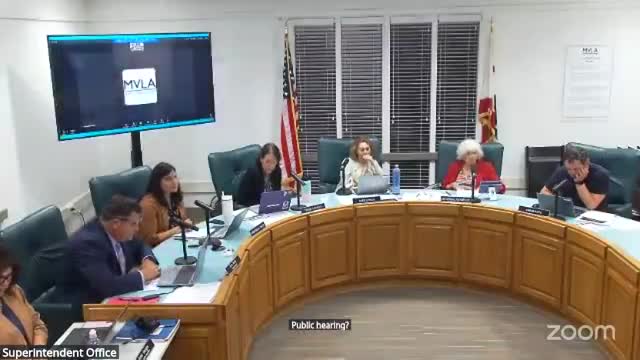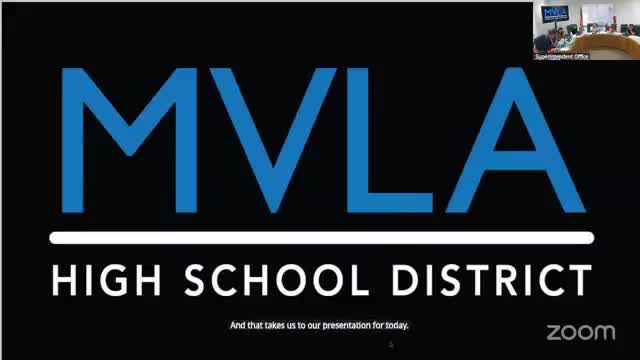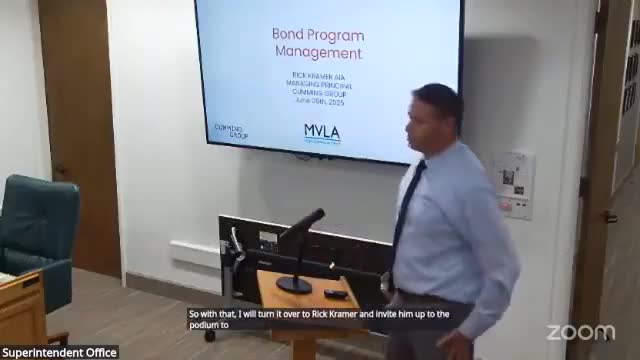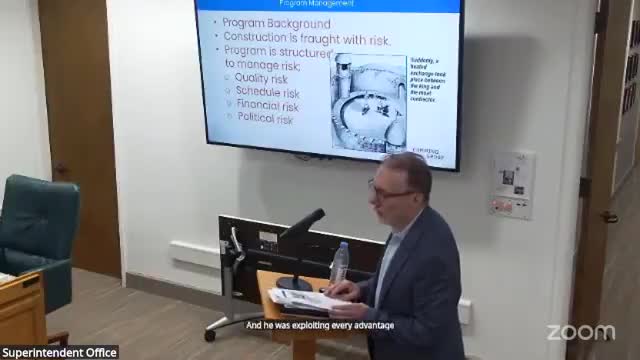Article not found
This article is no longer available. But don't worry—we've gathered other articles that discuss the same topic.

District’s LCAP presentation highlights ELD focus, mental‑health supports and 'constructing meaning' instructional push

MVLA student advisory urges clearer, fairer grading; board asks for follow-up analysis

Board renews annual program‑management agreement for Measure E construction support

